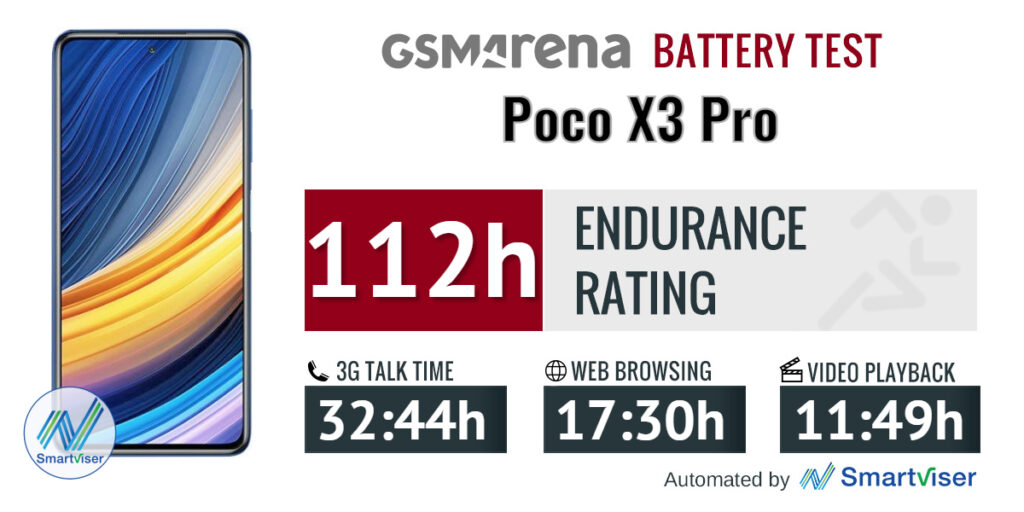Stay Away From These Common Website Maintenance Mistakes
Website maintenance is an essential step in the upkeep of any website. Without proper maintenance, websites can become susceptible to many issues that will cost you time and money to repair. That’s why many website owners choose to have a regular website maintenance service to help keep them on top of the latest website problems with their web design tools.
It's essential for SEO purposes and general functionality to ensure your website runs correctly on all web browsers, platforms, and devices. Several things should be checked regularly to ensure your website is always running smoothly.
Below are some of the most common mistakes website owners make when it comes to their website maintenance.
-
Running Unnecessary Plugins
Plugins are beautiful tools that extend the functionality of a website by giving you easy access to advanced features. But too many plugins can lead to performance issues, conflicts, and loading times. It's crucial to not only know what each plugin does but also what its purpose is.
No matter how helpful a plugin may seem, if it's running on every page, you're going to experience some severe performance issues. Ensure that the plugins installed on your site are necessary and remove any that aren't being used or whose functionality can be replaced by another plugin.
-
Running Outdated Themes
Outdated themes are another critical issue that needs to be addressed for website maintenance. Just like any program, themes continue to evolve and become more efficient as time goes on. When you're using an outdated theme, your site will run slower than it should, which can cause all kinds of issues for your visitors, including high bounce rates.
-
Using The Wrong Web Hosting Provider
Your host provider is an essential piece to website maintenance because it's where your site gets its bandwidth and connectivity to the internet. With so many web hosting providers out there, it can be hard to determine which one is right for you, but it's essential to consider that each offers different features.
As you're looking for the best hosting provider, look at things like server speed, uptime, control panel support, available space and bandwidth, cPanel or other control panel availability, etc., so you can make sure you've found the right one. Also, note how easy it is to set up your website so you can get it running as soon as possible.
-
Not Having A Backup Strategy
It would be best if you had a backup strategy if something were to happen with your site. Imagine how hard it would be to recover from a hacked site or losing your entire database of users. You should always have backup copies of your database and website files stored on an external device if anything were to happen.
You should also test your backup files to ensure they work properly.
-
Not Understanding Basic SEO Practices
SEO is important to website maintenance because it makes sure your site gets the right kind of attention from search engines and users alike. It would be best to take basic steps every week to make sure that your site keeps its place among the top ranks in search engines.
For example, you should be using “keywords” on your site for SEO purposes, ensuring users can find your website when using specific keywords. You should also ensure that all the links throughout your site work properly and emphasize essential pages, not internal links like navigation menus.
-
Not Using A CMS
A Content Management System (CMS) can be a huge advantage in website maintenance because it allows you to update and edit content, images, etc., on your site efficiently, so you don't have to do everything manually.
It's important to note that WordPress is one of the most widely used CMS's out there, and it's easy to install on your website.
-
Ignoring Important Security Protocols
It would help if you were taking the necessary precautions when it comes to your website's security. One of the simplest things you can do is install a plugin that prevents brute force attacks on your site so malicious users can't get in and damage it.
As far as other protocols go, you should have an SSL certificate for your site that encrypts all user information and passwords when they're being submitted. It's also important that you verify your website in Google Webmaster Tools to make sure there aren't any issues or errors that could be causing problems for your site.
When securing your site, always use different usernames and passwords for each account you have access to because if one gets hacked, everything else is safe.
Conclusion
Website maintenance can be a daunting task, but it doesn't have to be if you follow these simple guidelines. Make sure you're using the right theme for your site's needs, you back up everything regularly in case anything were to happen, and focus on SEO and security protocols, so your users and search engines keep coming back for more!








